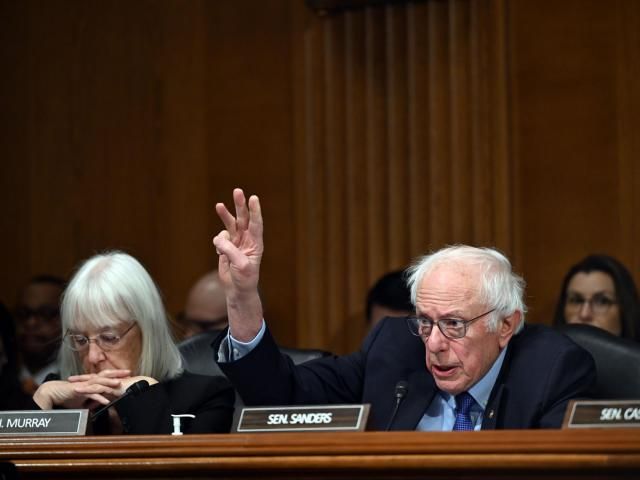GOP Healthcare Bill Faces Scrutiny: Could Millions Lose Coverage?

The central concern revolves around the bill's proposed changes to Medicaid, a joint federal-state program providing healthcare to low-income individuals and families. According to analysis by the Congressional Budget Office (CBO) and other independent organizations, the bill could lead to the loss of coverage for an estimated 13.7 million Americans over the next decade. These losses would primarily affect individuals currently enrolled in Medicaid.
The bill aims to transition Medicaid from a federal-state partnership with open-ended federal funding to a system with capped federal funding or block grants. This shift, proponents argue, would give states more control over their Medicaid programs and encourage greater efficiency. However, critics contend that capped funding would inevitably lead to reduced benefits, eligibility restrictions, and ultimately, fewer people receiving care.
Beyond Medicaid, the bill also proposes significant changes to the ACA's marketplace, including eliminating the individual mandate penalty and reducing subsidies for health insurance premiums. These changes, experts say, could lead to higher premiums for many Americans, particularly those with lower incomes.
Concerns have also been raised about the potential for hospital closures, particularly in rural areas that rely heavily on Medicaid funding. Reduced Medicaid payments could strain hospitals' finances, forcing them to cut services or even close their doors. Furthermore, the bill's impact on the individual market could lead to fewer insurers participating, further driving up premiums and limiting consumer choice.
Republicans defend the bill as a necessary step to address the rising costs of healthcare and provide Americans with more choices. They argue that the bill's changes will incentivize competition among insurers, lower premiums, and empower states to innovate in healthcare delivery. They also maintain that the CBO's projections are overly pessimistic and that the bill's impact on coverage will be less severe.
The bill's future remains uncertain, as it faces strong opposition from Democrats and some Republicans. The debate over healthcare reform is likely to continue, with significant implications for millions of Americans and the nation's healthcare system. The potential consequences – widespread coverage losses, rising premiums, and strained healthcare resources – demand careful consideration and a thorough understanding of the proposed legislation's potential impact.
- Congressional Budget Office (CBO) reports on the bill's impact.
- Kaiser Family Foundation (KFF) analysis of the proposed changes.
- Independent healthcare policy experts' evaluations.





